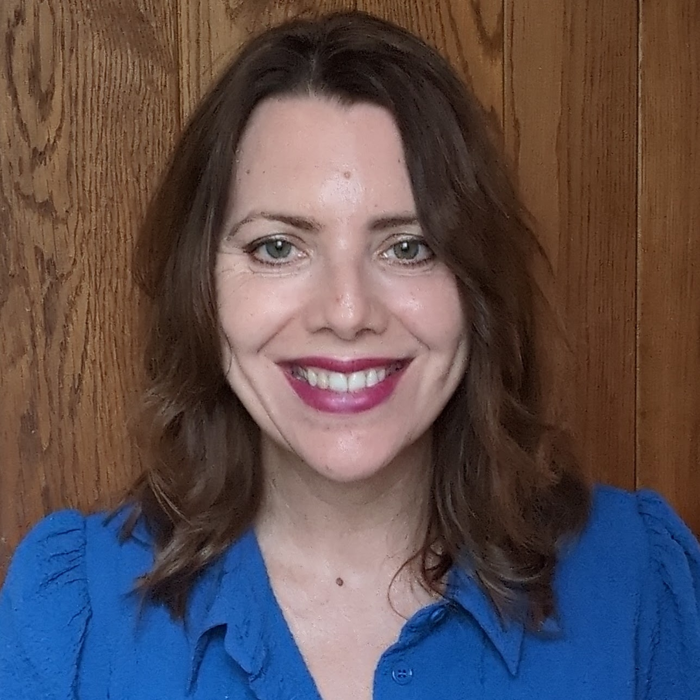Singing Hot And Cool: The Polyvagal Theory And Vocal Pedagogy
Thursday 17th June 2021, 5:00 PM - 7:00 PM (London Time)
The vagus nerve is closely involved with both the larynx and the autonomic nervous system (ANS). The polyvagal theory details the remarkable role of this nerve bundle in the evolution of voice and speech communication, and affirms the power of the voice as an instantaneous transmitter of ANS status, both in daily life communication and between artist and audience. Finally, parallels emerge between the vagus nerve’s contributions to psycho-physiological resilience (the ability to be aroused and calm at the same time) and artists’ descriptions of stage presence. Crosslinks between neurological evidence and the experience of performing arts will support suggestions for vocal pedagogy.
REVIEW OF TERMINOLOGY
- Structures of interest: cranial nerve X (vagus) and its brainstem nucleii
- Functions of interest: autonomic versus sensory-motor
- Autonomic (ANS) components: sympathetic (“hot”) and parasympathetic (“cool”)
THE POLYVAGAL THEORY OF SOCIAL COMMUNICATION
- Characteristics of the vagus nerve in animals and humans
- How “hot and cool” ANS regulation makes speech and singing possible
THE POLYVAGAL VOICE
- Muscle controls in the vagus nerve: larynx and more
- Voice as a carrier of ANS signals, in daily life and performance
THE POLYVAGAL THEORY ONSTAGE
- How performers describe the inner state onstage
- Is “very hot and very cool” the ANS recipe for stage presence?
RECOMMENDATIONS FOR ARTS TEACHERS
- ANS regulation as a pedagogical goal
- The importance of training ensembles
- Suggestions for warm-ups, cool-downs, and performance anxiety
- The well-regulated teacher
Joanna Cazden
Joanna Cazden, MFA, MS-CCC is a speech pathologist specializing in vocal arts rehabilitation, now in private practice after 18 years as senior voice clinician...
Sorry, this is an archived short course...
We have plenty of upcoming short courses coming soon. See details of some of them below or look at the full list of short courses.

Tuesday 13th January 2026
5:00 PM - 6:30 PM
Tuesday 20th January 2026
5:00 PM - 6:30 PM
Tuesday 27th January 2026
5:00 PM - 6:30 PM
Tuesday 3rd February 2026
5:00 PM - 6:30 PM
Tuesday 10th February 2026
5:00 PM - 6:30 PM
(London Time)
Introduction to Postgraduate Academic Skills - Join Live!

Debbie Winter
Are you ready to elevate your academic journey? Hosted by our very own Debbie Winter, join our comprehensive Introduction to Academic Skills course, designed to equip you with essential tools and strategies for success in higher education. Perfect for bridging the gap between undergraduate and postgraduate study, this course offers a pathway to our full MA for students without an existing degree. We offer both live, interactive sessions and standalone, pre-recorded content.

Thursday 15th January 2026
5:00 PM - 7:00 PM
Thursday 22nd January 2026
5:00 PM - 7:00 PM
Thursday 29th January 2026
5:00 PM - 7:00 PM
Thursday 5th February 2026
5:00 PM - 7:00 PM
Thursday 12th February 2026
5:00 PM - 7:00 PM
(London Time)
Trauma-Sensitive Voice Professional Certificate with Dr Elisa Monti

Dr Elisa Monti
Updated for 2026, this five-part certificate course is designed to help participants learn the theory and practice of trauma-sensitive approaches. The concepts and activities included are tailored to meet the needs of voice specialists who want to acquire more specific tools to navigate the space with their students and colleagues.

Monday 9th February 2026
5:00 PM - 7:00 PM
(London Time)
Certificate in Applied Voice Pedagogy with Adam Roberts

Adam Roberts
Spring Immersive - live and interactive learning! This 12-week online programme is designed for voice professionals committed to deepening applied voice pedagogy skills and advancing professional practice. The course offers a rich environment to reflect on your teaching philosophy and develop applied pedagogical techniques. It is ideal for voice teachers, coaches, therapists, and performers seeking to bridge foundational knowledge with practical, student-centered applications.
